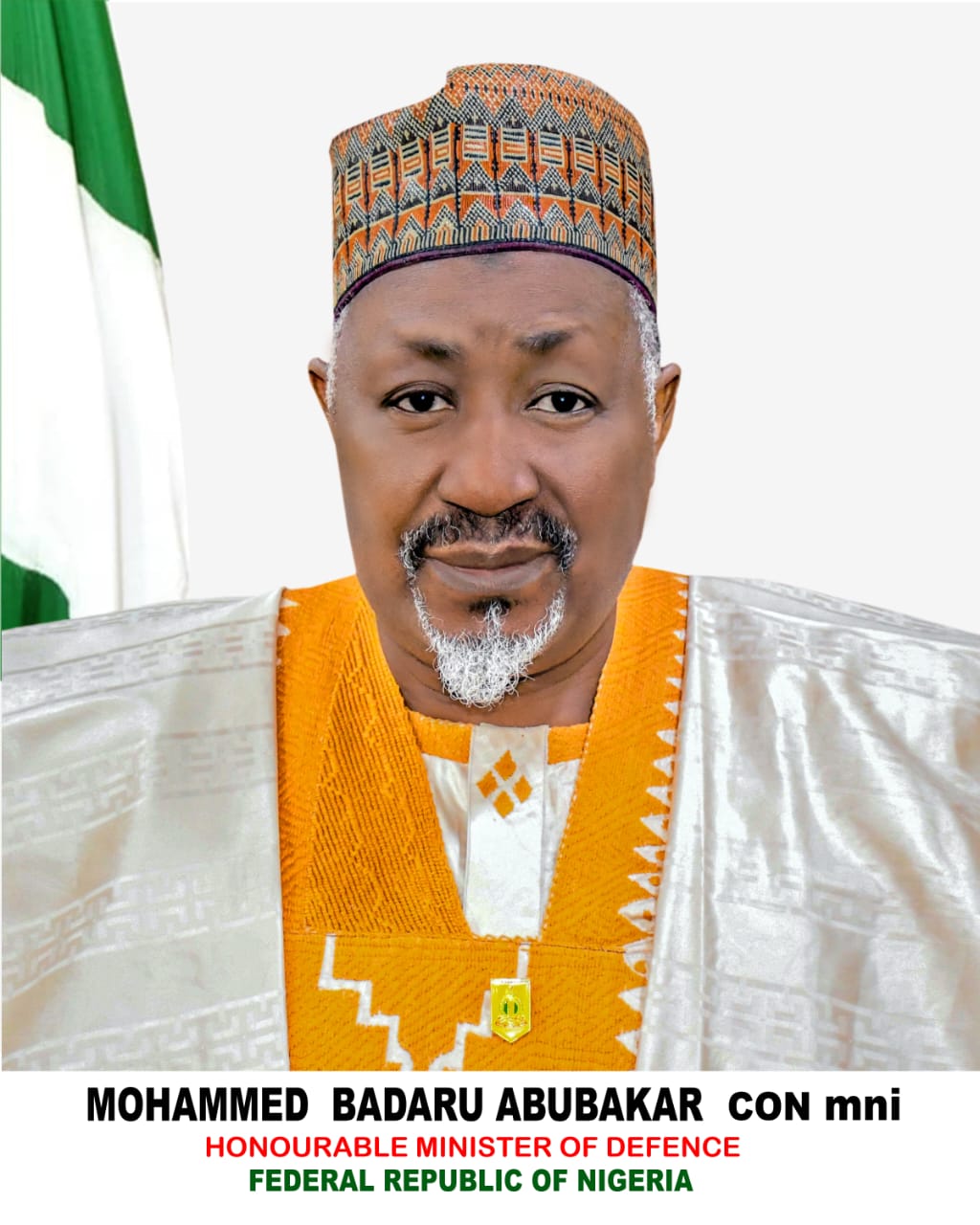The Rural Electrification Agency (REA) has signed a landmark agreement with selected universities across Nigeria for the provision of sustainable electricity.
The agreement which started in 2018 will enable significant improvement in the provision of power supply to the universities.
The universities are Federal University Technology, Akure (FUTA); University of Port Harcourt Teaching Hospital; Modibbo Adama University, Yola; Federal University, Lokoja; Federal University Gashua, Yobe; Federal University Lafia; Federal University Dustin-Ma and University of Uyo.
Others are the Federal University of Petroleum, Effurum; Michael Okpara University, Umudike; Federal University of Agriculture, Abeokuta; Abubakar Tafawa Balewa University (ATBU); Obafemi Awolowo University (OAU), Ile-Ife; University of Calabar and Teaching Hospital and University of Abuja, just to mention a few.
In his keynote address at the the 2024 EEP Stakeholders’ Engagement Forum (SEF), the Minister of Power Adebayo Adelabu, asserted that access to energy remains a critical enabler of education and development.
While noting that access to energy underpins development globally, Adelabu said improved access to energy by tertiary institutions would boost their productive capacity.
He said, “The collaborative agreement we have put forward today is not just a document – it’s a commitment to the future. By signing this, each institution is agreeing to take responsibility for the sustainability of the power plants deployed on their campuses. This marks a turning point, and institutions that do not sign will no longer be able to place the burden of electricity challenges on the REA. This is a shared responsibility, and we are in this together.
“Studies have consistently demonstrated the profound impact of energy access on educational outcomes. When schools have reliable electricity, they can extend learning hours, utilise educational technology, and create safe and comfortable learning environments. This, in turn, leads to increased enrollment, improved academic performance, and enhanced teacher/student productivity. This is why the EEP was conceptualized to address the issue of electricity access in our educational institutions.”
The minister noted that infrastructure limitations, financial constraints, and technical difficulties, infrastructure limitations collectively hinder the delivery of quality education and undermine the academic experience.
“Although a number of universities in Nigeria are connected to the national grid, the consistency and quality of electricity supply can differ substantially, particularly in rural regions. However, many educational institutions in Nigeria continue to grapple with the challenges of securing reliable and affordable electricity. These challenges include.
“Despite these challenges, we have opportunities for innovation and collaboration. By investing in renewable energy technologies, improving grid infrastructure, and promoting energy efficiency, we can overcome these obstacles and expand access to electricity in educational institutions across the country.
“The relationship between energy access and education is undeniable, and sustainability is the key to unlocking this potential. By investing in energy infrastructure and ensuring that all educational institutions have access to reliable and affordable electricity, we can create a brighter future for our nation,” the minister said.
He therfore urged all beneficiary institutions to take ownership of the projects and actively participate in their management and maintenance.
“Let us continue to work together to ensure that these projects remain a beacon of hope for generations to come. By doing so, we can create a legacy of empowerment, opportunity, and growth for our nation,” he added.
In his remarks, the Managing Director/ CEO of REA, Abba Abubakar Aliyu, while committing to the full realisation of the projects said the agency will continue to ensure their long term sustainability and viability of peojects.
“The REA has deployed mini grid in different universities and we deployed it in different phases, Phase I, 2 and 3. What we are signing here is a collaborative agreement that are provided for by the responsibilities of the universities and the responsibility of the REA. And at the same time, the agreement we signed also provide for sustainability plan. If you know one of the challenges with the Renewed Hope Energy Project is that it has a life span. Over a period of time, the batteries and the inverter will expire.
“What we are now doing is to ensure that we are planning with the end in mind. So from the beginning, we are putting in place commercial, technical and operational framework that will ensure that after the deployment of this mini grid, it would continue to operate over a long period of time in the history of the universities that is what we are doing now, the REA MD said.
The agreement includes maintenance frameworks, financial models for cost-sharing, and dispute resolution mechanisms.
.png)
 2 hours ago
2
2 hours ago
2









 English (US) ·
English (US) ·